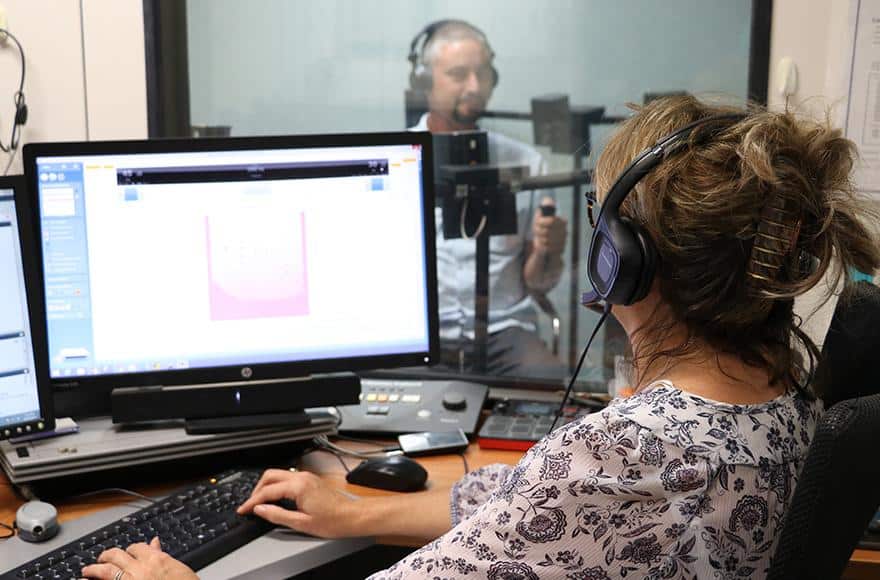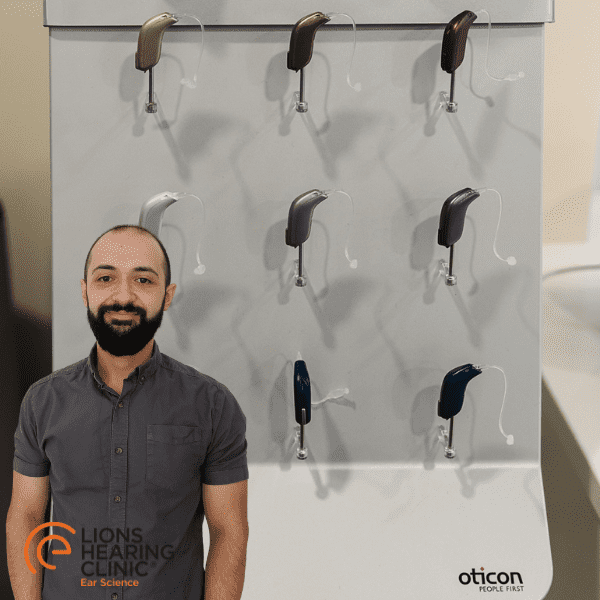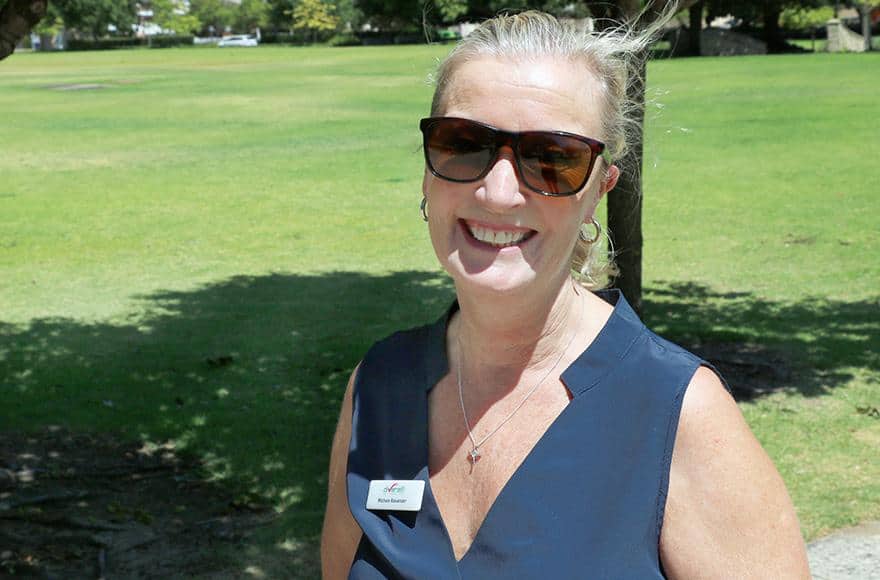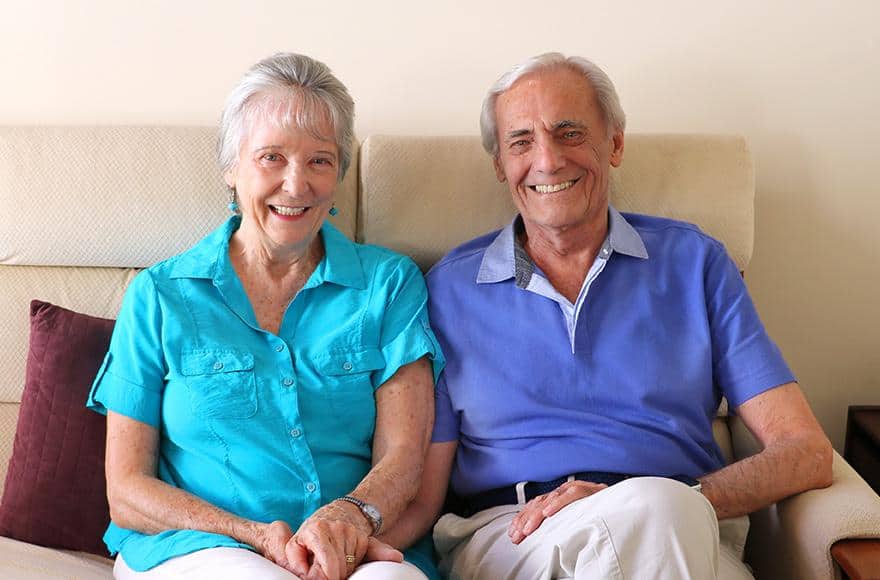“Don’t tell me we can’t change the world, if we all take one step that’s a giant leap for one little girl, but I can’t do this on my own and I don’t want to be alone, will you take my hand?”
“Join me for some tea, some afternoon company, we’ll let our fortunes unfurl and talk about changing the world.”
These are the words sung by Perth musician Olive, a singer/songwriter who aspires to bring social justice issues to light and, as her debut single ‘Changing the World’ signifies, make the world a better place, one lyric at a time.
At night Olive is a musician, yet by 8am every Monday morning she becomes Olivia Szulgowski, a local school teacher of children with special needs as well as indigenous training and education. Throughout her career, her students have spanned a range of needs and disabilities including autism, cerebral palsy and ADHD. For Ms Szulgowski, working with children hasn’t just been a career choice, it has been a labour of love.
When the opportunity to combine her music and passion for raising social awareness of minority groups arrived, Ms Szulgowski jumped at the chance to join forces with Ear Science Institute Australia on its new Hearing
Loss Simulator campaign. As part of the campaign, Ear Science needed a music video, and it was her song ‘Changing the World’ that fit the bill perfectly.
“It’s about changing the world, human rights and social justice, which I am passionate about, so it’s fitting for the campaign for Ear Science,” Ms Szulgowski said.
The online simulator educates people with a simplified version of what hearing loss can be like for sufferers. Created by reducing volume and clarity of sound to mimic the general sound of each level of hearing loss, the simulator illustrates the different levels of hearing, going from normal hearing loss to mild, moderate, severe and profound hearing loss.
Posted on Facebook, the video has generated significant interest with a reach of over 1,000,000 people and climbing daily, as well as over 7800 shares and 1300 likes.
“I had a lot in common with the objective of Ear Science Institute Australia with this particular campaign, which is not only about raising awareness for people with hearing loss, but also for a minority group I think often gets overlooked within society,” Ms Szulgowski said.
“I am passionate about raising awareness for the challenges people face in their day-to-day life; this campaign and my single ‘Changing the World’ are aiming to do that.”
When Ms Szulgowski shared the hearing loss simulator with a hearing-impaired education assistant at her place of work, the response was overwhelmingly positive.
“She said it was brilliant – it was great to ‘hear’ her perspective,” Ms Szulgowski said.
At a time where hearing loss affects one billion people worldwide and one in six currently have hearing loss (experts predict this will reach one in four by 2050), it is clear social media wields the power to educate, inform and grow the message of organisations such as Ear Science.
“It was really cool to see something out there that explains it for people that have no idea,” Ms Szulgowski said.
“Try it for yourself, and imagine how much harder it really is for someone with hearing impairment.






